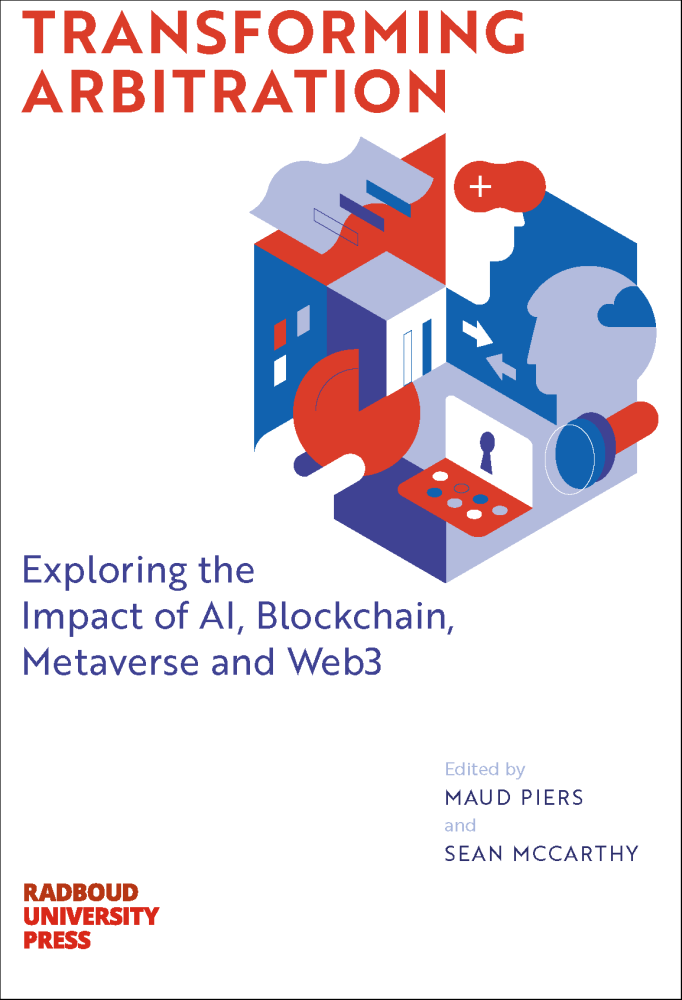Developing Legal Frameworks for Dispute Resolution in the Digital Age
Synopsis
Takashi Takashima discusses how advancements in technology not only require arbitrators to have a deeper understanding of technical intricacies but also to raise concerns regarding the efficiency and fairness of dispute resolution processes. This has prompted the United Nations Commission on International Trade Law (UNCITRAL) to undertake initiatives aimed at addressing the challenges posed by digitalization in dispute resolution. Specifically and first of all, Takashi explores two ongoing projects within UNCITRAL: the legislative work conducted by Working Group II on technology-related dispute resolution and adjudication, and the project focused on assessing developments in dispute resolution within the digital economy (DRDE project). Through an analysis of these initiatives, Takashi provides valuable insights into how UNCITRAL is poised to balance the utilization of digital technologies in dispute resolution,
ensuring that traditional norms are upheld as necessary safeguards while embracing technological advancements to foster a more efficient and equitable international trade law landscape. How this should be done has recently been the subject of intense debate, and opinions are divided. For example, should the New York Convention be amended to address the requirements for the recognition and enforcement of electronic awards? Takashi notes that this is under discussion and that WGII is working towards creating greater legal certainty on this matter, thereby supporting digitalization.
Downloads
Pages
Published
Series
Categories
License

This work is licensed under a Creative Commons Attribution-NonCommercial-NoDerivatives 4.0 International License.


